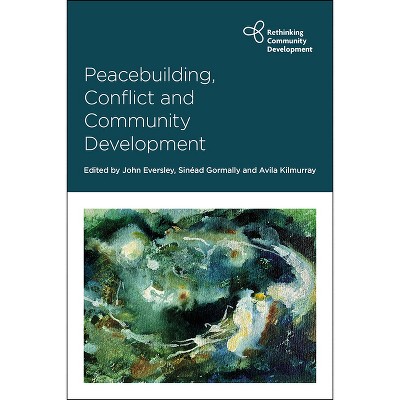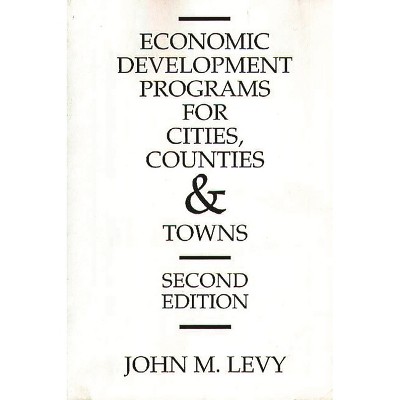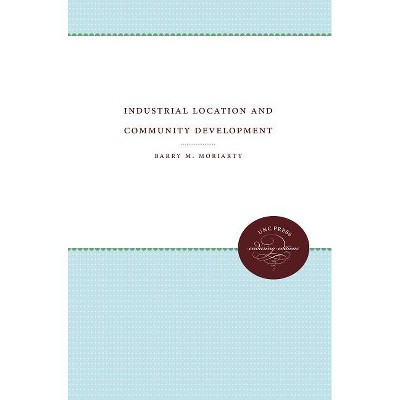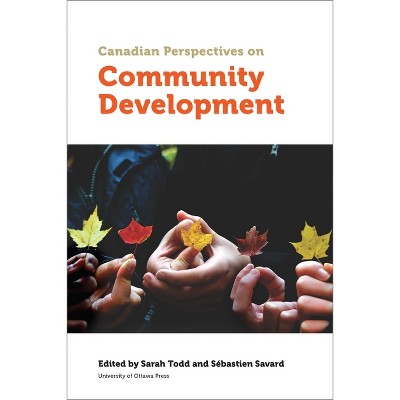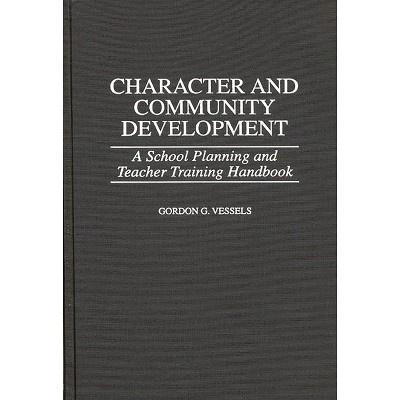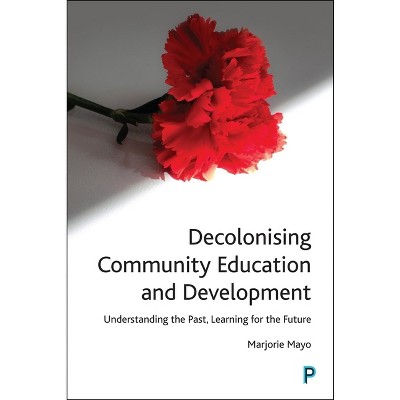Development and Conflict in Community Lending Programs - by Nishi Malhotra (Hardcover)

About this item
Highlights
- Community lending programs play a pivotal role in promoting financial inclusion for marginalized populations, offering access to resources and opportunities that traditional financial systems often overlook.
- About the Author: Nishi Malhotra is Assistant Professor at the Indian Institute of Management (IIM) Sambalpur, India.
- 264 Pages
- Business + Money Management, Development
Description
About the Book
Nishi explores the intricate challenges and opportunities within community lending initiatives. Drawing examples from developed & developing nations, chapters provide nuanced analyses of how institutional designs and leadership approaches shape outcomes of community lending programs, advancing financial inclusion & development goals.
Book Synopsis
Community lending programs play a pivotal role in promoting financial inclusion for marginalized populations, offering access to resources and opportunities that traditional financial systems often overlook. However, these initiatives frequently grapple with deep-seated conflicts driven by social inequities, power imbalances, and group dynamics. As marginalized individuals navigate the complexities of group membership, intersecting factors such as caste, gender, and economic status exacerbate tensions, sometimes leading to extreme measures like coercion and exclusion. Addressing these conflicts is critical for realizing the potential of community lending programs as tools for socio-economic development.
Development and Conflict in Community Lending Programs: A Socio-Cultural Perspective explores the intricate challenges and opportunities within community lending initiatives. This comprehensive study uses case studies and theoretical frameworks, including development conflict theory, mass communication theory, and transformational leadership theory, to examine the root causes of conflict and offer strategies for resolution. Author Nishi Malhotra highlights the roles of state intervention, financial leadership, and communication strategies in mitigating conflicts and building consensus. Drawing on examples from both developed and developing nations, this work provides a nuanced analysis of how institutional designs and leadership approaches shape the outcomes of community lending programs, ultimately advancing financial inclusion and development goals.
Offering theoretical insights and practical guidance, this study is an essential resource for policymakers, academics, practitioners, and entrepreneurs committed to fostering equitable and sustainable financial systems. Its case studies and actionable recommendations make it a valuable tool for understanding and addressing the socio-cultural dimensions of community lending.
About the Author
Nishi Malhotra is Assistant Professor at the Indian Institute of Management (IIM) Sambalpur, India.
Shipping details
Return details
Trending Book Pre-Orders






